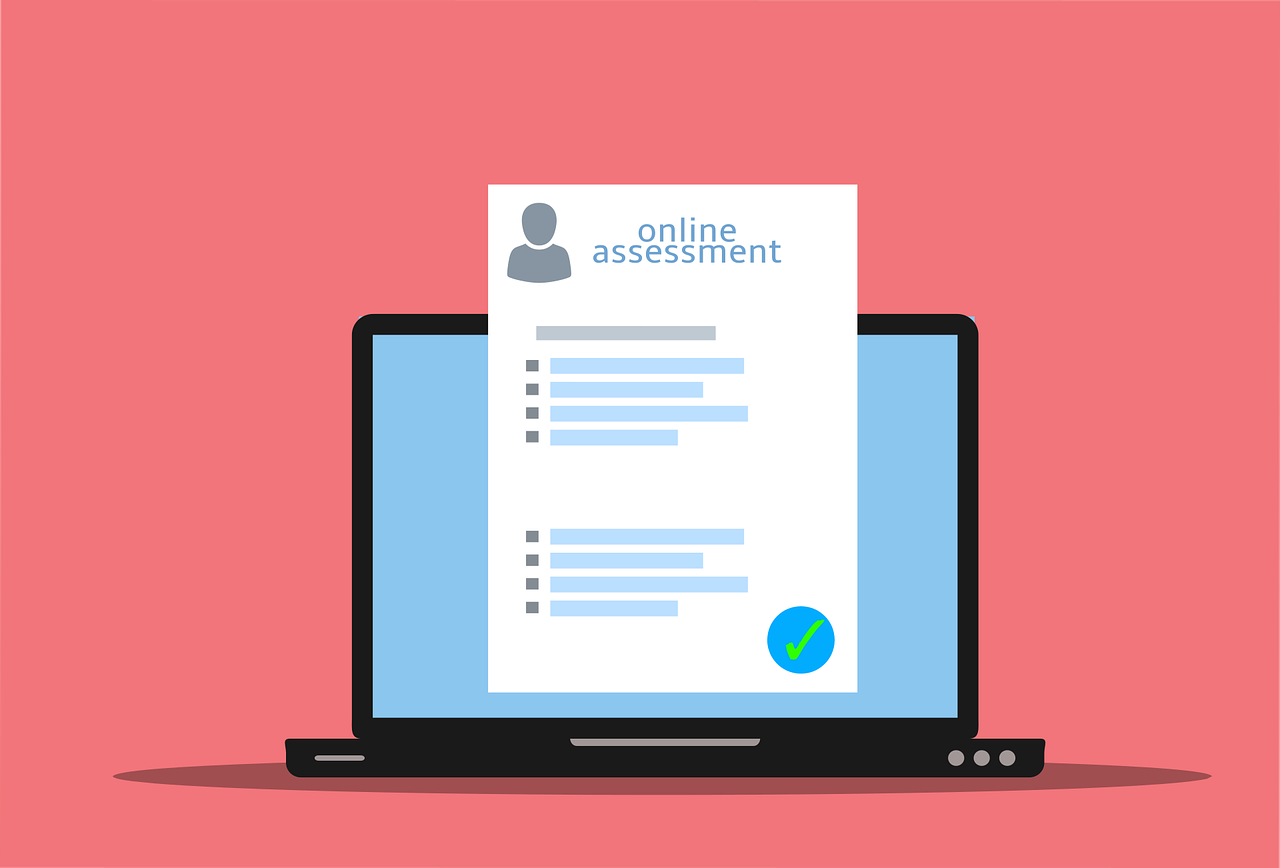
New era?
Technology and student assessment
Formal assessment at 16+ really is starting change. Dr. Sarah Watson wonders how much further this can go and what we have to think about.
The impact of technology
The pandemic raised several big questions for the education sector about the future of learning. One of the most prominent of these has dominated Professional Development training, conferences and meetings ever since, namely ‘What is the role of technology in assessing skills and knowledge?’
The switch to online teaching almost overnight could be argued to be one of the most rapid and widest, simultaneous skilling-up of a single profession that has ever taken place. It is likely that this has increased the comfort level of technology-use amongst teachers, possibly paving the way for the introduction of large-scale online assessment becoming a reality perhaps sooner than we thought. In 2021-22, Pearson began piloting online assessment for the formal IGCSE English Language examinations. The company also offered a mock examination version of the online assessment, even marking these papers centrally and feeding the data directly back to teachers! This alone is a great incentive. Does this mean we are moving to a new era in education, without formal assessment by pen and paper?
What we’re getting used to
It is worth noting that students with specific access arrangements are already entitled to type their answers using a computer, so the mechanics of how this works are already familiar. Giving all students the same choice of typing or handwriting, it could be argued, may reduce any perception of ‘difference’ in the exam hall and allows greater personalisation in what is often a stressful event. The online examination software has some useful features, such as being able to increase and decrease font size, use a ‘notes pad’ that can be moved around the screen or call for an invigilator without having to publicly put your hand up in the middle of an exam hall.
Widening our understanding of student skills
Online assessment has the potential to provide easier and more specific feedback to schools and students directly from the examination board about each script. On a wider scale, this also has the potential for greater standardisation, by enabling easier collaboration and moderation between examiners, both locally and internationally about the same exam paper. The availability of such detailed data provided to schools could mean more effective and immediate data analysis to assist school leaders in planning learning more accurately, even drilling down to differences between classes and students more easily, and for each question.
Adaptive assessment
There is also potential for adaptive formal examinations at 16 and 18+ , that continually change the level of question for an individual, depending on the way the previous one has been answered, refining our understanding level of student achievement, that doesn’t only rely on how many marks a student achieves for a limited set of questions. Several versions of this currently exists, offered by the International Baccalaureate Middle Years Programme and Cambridge Centre for Evaluation and Monitoring.
Looking to the future
Thinking ahead, we get into the really exciting possibilities of assessing individual practical and other skills which are not currently assessed. Imagine students wearing VR headsets to conduct oceanographic science experiments on the sea floor. Or students virtually layering topographic maps onto geomorphological features to demonstrate their spatial geographic skills. There is scope to assess learning in advances in subject-specific technology such as Global Information Systems (GIS), which is not currently possible externally on such a large scale. The application of knowledge and skills to real world situations is something that is increasingly suggested as crucial to learning. However, the mode of assessment has not, yet, kept up with such thinking. This might be about to change, if we approach the introduction of technology into mainstream assessment with real consideration.

Valid concerns
However there are valid concerns about these developments. What about the skill of handwriting? Technology can be unreliable and needs an infrastructure to support it. We should question whether we know enough, as educators, about how the metacognition of expressing understanding and ideas in handwriting, compares with the process of typing. It is important to ensure that the use of technology adds a useful and deeper function to assessing understanding, that is currently not possible, or possible to the same extent, via handwriting. Should we ensure that fine motor skills and creative expression are inherently protected for their intrinsic value, reflecting how they are valued within societies and communities?
Pause and consider
It can be incredibly exciting to imagine the possibilities for how online assessment software could take assessment forward. The reduction in the importance of ‘pen and paper tests’ could present a potential paradigm shift in education. However, it is also important to pause and consider. As educators we are in a very powerful position to pivot society. When a fundamental change is introduced into a national education system, it is experienced by multiple generations and therefore ingrains new values into society. It is important, therefore, to include wider members, such as parents and industry employers, into the discussion.
Ours is an exciting time for education, with the potential for students to express their learning in genuinely new ways. However, great care needs to be taken to consider the concerns of experienced colleagues and to continue to invest heavily in the development of people as a priority.


Dr Sarah Watson is Vice Principal (Academic) at DLD College London, a contemporary day and boarding school in London for students aged 13 – 19 with a history that goes back to 1931.
FEATURE IMAGE: by Riki32 from Pixabay
Support Image: by mohamed Hassan from Pixabay



